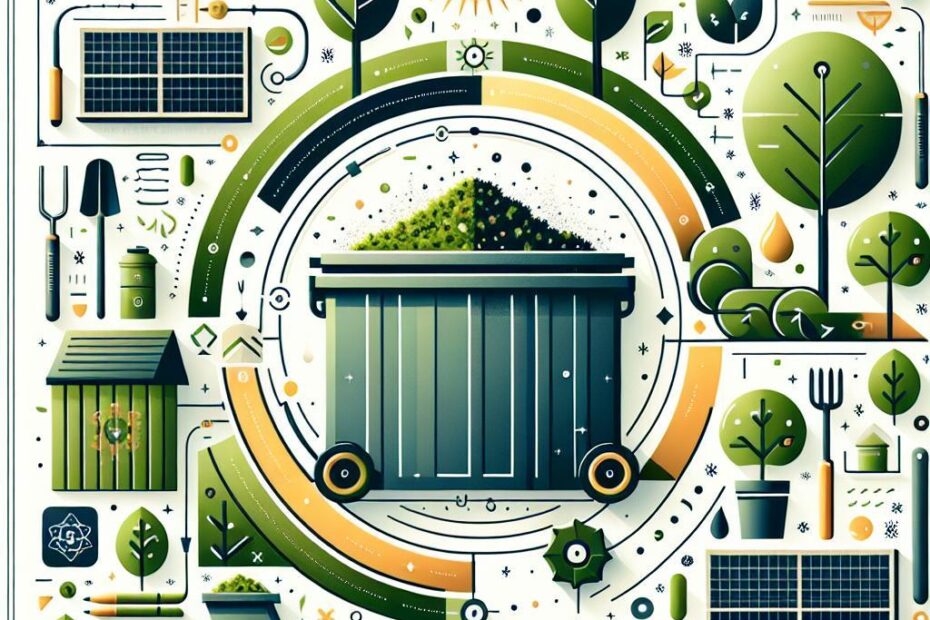Where to Place a Compost Bin: A Comprehensive Guide
Composting is a fantastic way to reduce waste, enrich your garden soil, and help the environment. But where should you place your compost bin to ensure it works efficiently and effectively? In this article, we’ll explore the best locations for your compost bin, along with some practical tips and benefits of composting. Let’s get started!
The Best Locations for Your Compost Bin
When it comes to placing your compost bin, there are a few key factors to consider:
1. Accessibility
Choose a location that is easily accessible so you can add kitchen scraps and yard waste regularly. You don’t want to have to trek to the far reaches of your garden every time you have something to compost.
2. Sunlight
Your compost bin should receive some sunlight each day to help speed up the decomposition process. However, too much sun can dry out the compost, so opt for a location that gets partial sunlight.
3. Drainage
Make sure your compost bin is placed on a surface that allows for proper drainage. A flat area that is slightly elevated can help prevent waterlogging, which can lead to a smelly, anaerobic compost pile.
4. Airflow
Good airflow is essential for the composting process. Avoid placing your compost bin in a confined space or directly against a wall, as this can hinder airflow and slow down decomposition.
5. Proximity to Garden
It’s ideal to place your compost bin near your garden or flower beds so you can easily access the finished compost when it’s ready to use. This way, you can immediately reap the benefits of your hard work.
Benefits of Composting
Composting offers a wide range of benefits, both for your garden and the environment. Some of the key advantages include:
- Reducing waste sent to landfills
- Enriching soil with essential nutrients
- Improving soil structure and drainage
- Reducing the need for chemical fertilizers
- Promoting healthy plant growth
Practical Tips for Successful Composting
Here are some practical tips to help you make the most of your composting efforts:
- Layer green and brown materials in your compost bin for a balanced mix of nitrogen and carbon.
- Turn your compost regularly to aerate the pile and speed up decomposition.
- Avoid adding meat, dairy, or oily foods to your compost bin, as these can attract pests and slow down the process.
- Use a compost bin with a secure lid to keep out unwanted critters and retain heat and moisture.
Case Study: My Composting Journey
As an avid gardener, I decided to start composting to improve the health of my soil and reduce my environmental impact. I placed my compost bin in a sunny spot near my vegetable garden and began adding kitchen scraps and yard waste regularly. Within a few months, I had rich, dark compost that I used to mulch my plants and increase their yield. Composting has become an essential part of my gardening routine, and I highly recommend it to anyone looking to enhance their soil and reduce waste.
Conclusion
Choosing the right location for your compost bin is crucial for successful composting. By considering factors such as accessibility, sunlight, drainage, airflow, and proximity to your garden, you can create an optimal environment for decomposition. Remember to follow practical tips for successful composting and enjoy the numerous benefits it offers. Happy composting!
